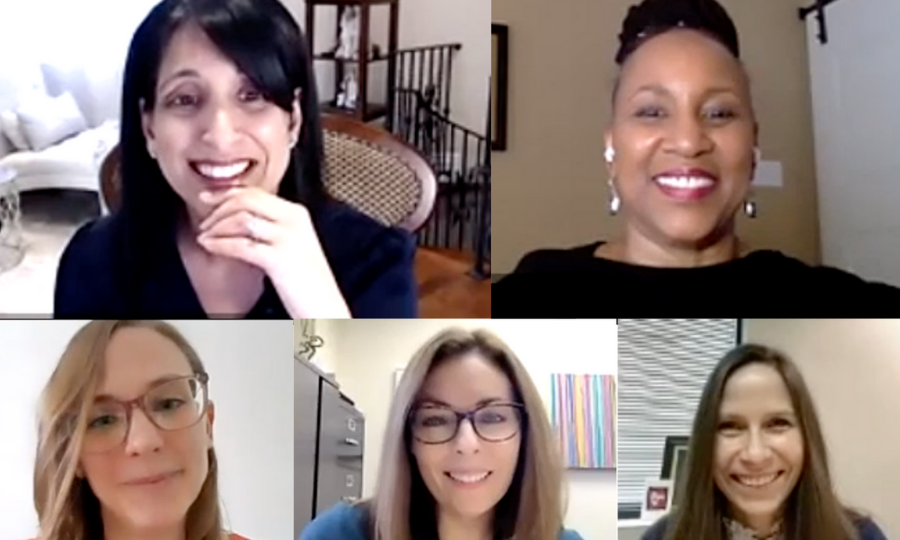When it comes to addressing the needs of a Parkinson’s community, we often talk about an urban/rural divide. It is assumed that the barriers and health disparities that exist for those living in large cities and rural communities are vastly different, but some experts now are suggesting this may not really be the case.
In this webinar, a panel of Parkinson’s organization leaders serving people across the US discussed:
- Common issues that exist within urban communities and rural communities alike
- Common assumptions and misunderstandings about rural and urban communities
- What policy makers and other decision makers miss most often when it comes to addressing the unique needs of our communities
- What leaders and Parkinson’s advocates can do TODAY to help address health disparities like these that may exist in their own communities
You can watch the video below.
To download the audio, click here.
To download the transcript, click here.
Show Notes
- People with Parkinson’s in rural areas may have a hard time accessing the resources and medical care that is more readily available in urban settings. Organizations like Parkinson’s Nebraska, led by Executive Director Amber Winter, seek to bridge this gap by connecting with local leaders in these rural communities and providing them with resources that they can then spread to their communities
- One way members of rural communities can increase assess to resources is by reaching out larger urban organizations and sharing your unique needs. This connects you to a larger network that can work with you to provide resources specific your community’s needs
- Even in areas rich with resources, there are communities — a high percentage of which are communities of color — that may not have access to available resources because of a lack of education and a need to prioritize more prevalent issues such as food and housing. Wendy Lewis, CEO of The Parkinson’s Council, emphasizes the importance of continuing to provide appropriate outreach and education to healthcare workers and these communities, as well as to continue to address the systemic issues leading to these inequities
- People with Parkinson’s living in rural areas may struggle to have access to basic care such as a primary physician who is able to diagnose, let alone treat, Parkinson’s. Holly Chaimov, executive director of Parkinson’s Resources of Oregon, stresses the continued importance of providing and creating programming that trains local doctors in rural areas on the symptoms and treatment of Parkinson’s
- The opportunities for telemedicine have grown exponentially in light of the COVID pandemic, allowing people who live hours away from appropriate medical care to be seen virtually. Kathleen Crist, executive director of Houston Area Parkinson Society, speaks specifically of how this pandemic has forced Texas legislature to be open to the idea of telemedicine, bypassing many restrictions and excuses that were in place prior to the pandemic
- Racial differences in Parkinson’s treatment and mortality exist. When it comes to addressing these disparities, the concept of trust comes up in nearly every conversation. This issue will be further discussed at our upcoming Health Disparities Webinar: Understanding the Role of Trust
additional resources
How Telemedicine Can Help You Live Well with Parkinson’s
Ways to Give Back to your Community
When Connecting Online Isn’t Enough
want to make a difference in your community?
Check out Healthy Parkinson’s Communities™, a new initiative led by the Davis Phinney Foundation to help support community leaders, volunteers, and advocates in the pursuit of making the places where we live, work, and play more inclusive and supportive for those living with Parkinson’s.
Learn More about Health Disparities and Parkinson’s
We created our Health Disparities and Parkinson’s Webinar Series as part of our commitment to understanding and working to change deeply rooted inequities in healthcare that black, brown, and indigenous communities; LGBTQ+; immigrant, and refugee communities; and people of color experience. Learn more and register for the next webinar in the series here.
Our Health Disparities and Parkinson’s webinar series is presented in partnership with:



